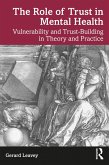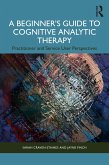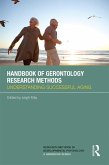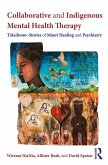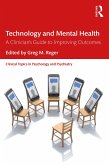There are now over 900 randomized controlled trials demonstrating the positive effects of Acceptance and Commitment Therapy (ACT) for a wide range of areas. ACT is listed as an empirically supported therapy for multiple clinical concerns and is being disseminated as an evidence-based treatment by organizations including the United States Veterans Health Administration and the World Health Organization. In
The Oxford Handbook of Acceptance and Commitment Therapy, Michael P. Twohig, Michael E. Levin, and Julie M. Petersen bring together contributions from the world's leading scholars to create a comprehensive volume on established areas of ACT. The Handbook presents a scholarly review of the treatment as it has developed over the past two to three decades. Featuring 33 chapters on key aspects of the treatment, the contributors offer analysis on ACT's conceptual and theoretical underpinnings, applications to specific populations and problems, methods of implementation, and other special topics. They further cover theory, empirical support, and scholarly descriptions of treatment application. The volume is divided into four sections, with the first, on conceptual foundations, offering five chapters that comprise a primer on ACT. The second section presents chapters on ACT methods, such as acceptance, cognitive defusion, and values. The third section covers specific applications of ACT, including depression, eating disorders, and psychosis. The fourth and final section covers issues implementing ACT such as training, delivery in schools, technology, and cultural adaptation. The
Handbook concludes with two chapters examining directions for future research and practice. Offering rich resources to further study each topic, the
Handbook is an essential resource for scholars and students who wish to understand the important major aspects of this transdiagnostic form of cognitive behavior therapy.
Dieser Download kann aus rechtlichen Gründen nur mit Rechnungsadresse in A, B, BG, CY, CZ, D, DK, EW, E, FIN, F, GR, HR, H, IRL, I, LT, L, LR, M, NL, PL, P, R, S, SLO, SK ausgeliefert werden.





